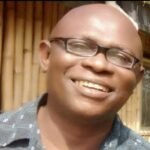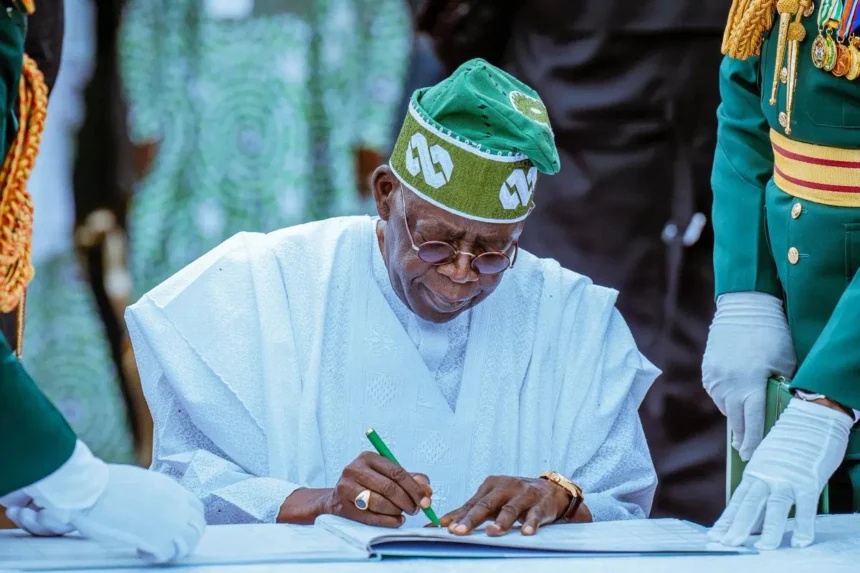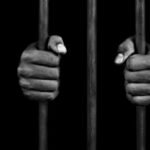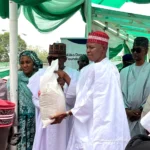By Ikeddy ISIGUZO
THERE is never an agreement on the most acceptable ways to grant presidential pardons. Presidential pardons without controversies don’t exist.
Many reasons inform the reactions. Different people have varied views of the enormity of the offences and weigh it against their own personal positions that may exclude the right of the individuals to be re-integrated into society.

Since Nigeria’s independence in 1960, pardons have come with their own controversies that majorly centre on the point that the beneficiaries tend to be politicians. There is also an unwritten rule that the pardoned seem to be committed to furthering the political interests of the approving authority of the pardon.
People see that as abuse. Pardons are deemed more political with the acclaimed absence of qualms in politics. Few would listen to the fact that ordinary people have also benefitted from pardons
Examples of famous presidential pardons and the controversies since Nigeria’s independence in 1960:
.1967
General Yakubu Gowon pardoned Chief Obafemi Awolowo and 28 members of his party who were convicted for treason. Gowon wanted Awo’s support as Nigeria was sliding into a war with the Eastern Region. Awo was released from Calabar Prison and made Vice-Chairman of the Federal Executive Council and the Federal Commissioner for Finance, positions he left in July 1971, after four years.
1982:
President Shehu Usman Aliyu Shagari took the bold decision to pardon Chief Chukwuemeka Odumegwu-Ojukwu, the former Biafran leader who had been in exile in Cote d’Ivoire since January 1970 when the Civil War ended. It could be 12 years after the war, but the wounds had not healed. Ojukwu did not waste time joining Shagari’s National Party of Nigeria, NPN. The next year, Ojukwu was a candidate in the election.
1998
General Abdulsalami Abubakar’s pardon of General Olusegun Obasanjo, convicted of involvement in a coup plot against Gen. Sani Abacha was swiftly concluded as the grounds were being prepared for Obasanjo to be President. Within months, Obasanjo was a presidential candidate. Obasanjo’s co-convicts were pardoned years after. Apparently, they had no immediate political value.
2000:
President Olusegun Obasanjo pardoned Salisu Buhari, Speaker of the House of Representatives, who was convicted of certificate forgeries for age, NYSC, attendance of King’s College, Lagos, and University of Toronto. He was sentenced to two years in prison with an option of cash. He paid cash. He was a member of Obasanjo’s party, PDP.
2013
Former Bayelsa D.S.P. Alamieyeseigha, convicted of financial crimes, and Mr. Shetima, former Managing Director of Bank of the North, convicted of official corruptio, got pardon from President Goodluck Jonathan. The pardon was controversial. Jonathan said he had no explanation to make to anyone. Jonathan was Deputy Governor to Chief Alamieyeseigha.
Others Jonathan pardoned –
Former Chief of Staff, Supreme Headquarters, late Maj-Gen Shehu Musa Yar’Adua,
Former Chief of General Staff, Lt.-Gen Oladipo Diya
Former Minisrer fo Works, late Maj-Gen Abdulkareem Adisa
Former Minister of Communications, Maj-Gen Tajudeen Olanrewaju
Major Segun Fadipe
Major Bello Magaji
Mohammed Lima Biu
Former Managing Director of the defunct Bank of the North, Shettima Bulama
Dr. Chiichii Ashwe
The soldiers on Jonathan’s list were jailed by Abacha for the same coup that implicated Obasanjo.
2022
Former Governors Joshua Dariye of Plateau State and Jolly Nyame of Taraba State were pardoned along with 157 other convicts by President Muhammadu Buhari. The inclusion of the two former Governors, both of Buhari’s APC, drew the same anger as in earlier cases of high profile convicts. More anger arose over the case of Francis Atuche, former Managing Director of the defunct Bank PHB who the National Council of State threw out, stating that he was not old, not sick, had not serve his sentence to a point where a pardon could be considered.
Society considers convicts odious. Many want to see them stripped of rights to start life again on a clean slate. The constitutional provision for restoring convicts is a process that sees the proposed names going through the Committee for the Prerogative of Mercy or the Advisory Council on Prerogative of Mercy, as provided in Section 212 of the 1999 Constitution. The advisory body, established at both the federal and state levels, advises the President or Governor on the exercise of their power of clemency.
A major point in criticisms of the pardons is the criteria for them and
the national awards.
President Bola Ahmed Tinubu will be confronted by the scrutiny of a public that is suspicious of the President, and his policies. For instance, is Commander, Order of the Nigeria, CON, a befitting honour for Ebute Ameh, Senate President in 1993?
Tinubu has had his way while the public will have its say.
Follow us on all social media platforms @dailyquery for news and analyses around the globe.



























